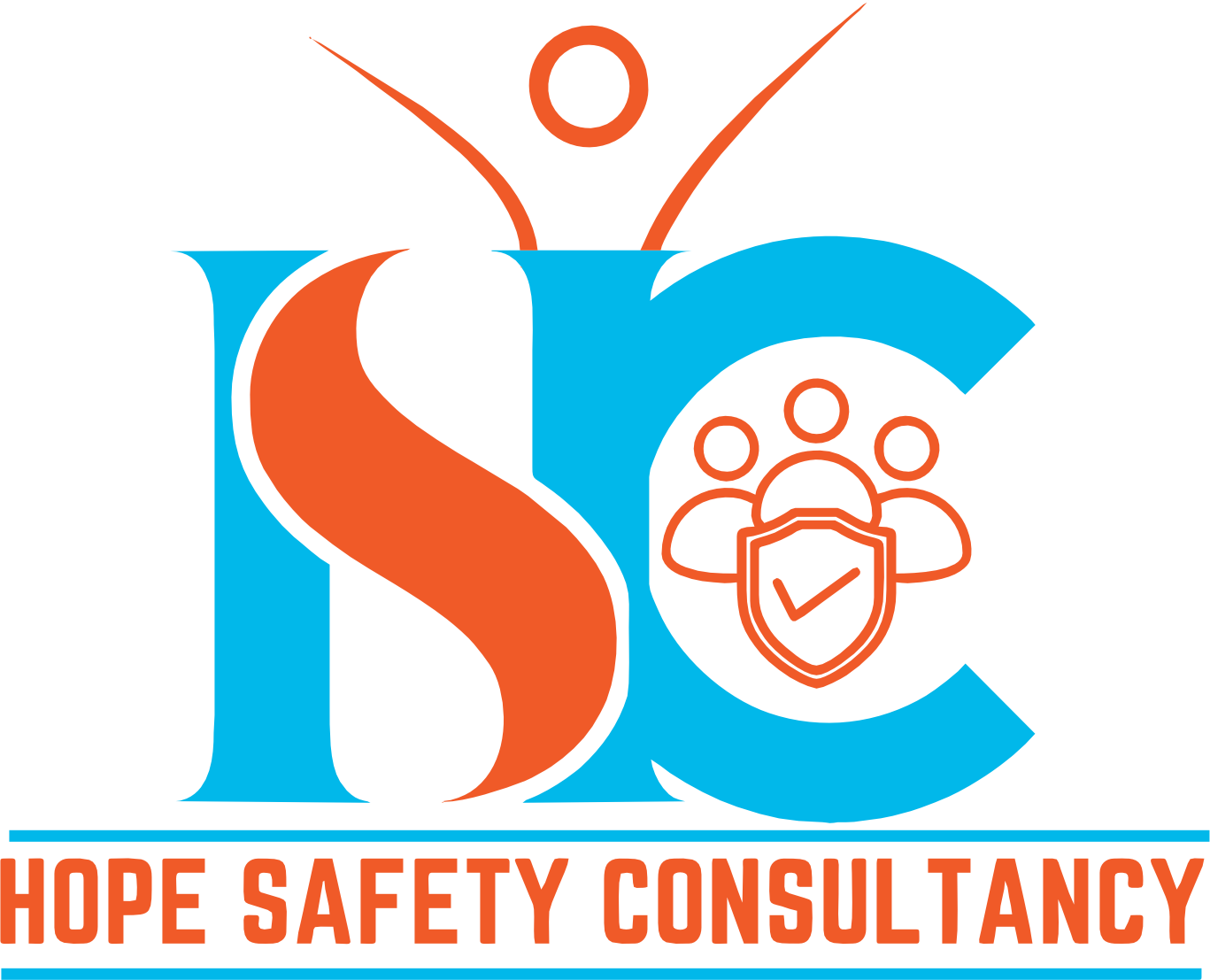Learning Outcomes for the Study Units:
- Introduction to ISO 13485:
- Understand the purpose and scope of the ISO 13485 standard.
- Identify the benefits of implementing ISO 13485 in the medical device industry.
- Describe the key components and structure of the ISO 13485 standard.
- Requirements of ISO 13485
- Interpret and explain the requirements outlined in ISO 13485 clause by clause.
- Apply ISO 13485 requirements to different stages of the medical device lifecycle.
- Identify documentation requirements and best practices for compliance with ISO 13485.
- Auditing Principles and Techniques:
- Understand the principles of auditing and their application to QMS audits.
- Plan, conduct, and report on QMS audits according to ISO 19011 guidelines.
- Demonstrate effective communication and interpersonal skills necessary for auditing
- Auditing Medical Device Processes
- Identify audit objectives and criteria specific to medical device processes.
- Conduct audits of design and development, production, and service provision processes.
- Evaluate the effectiveness of corrective and preventive actions implemented in response to audit findings.
- Nonconformities and Corrective Actions
- Identify and categorize nonconformities during QMS audits.
- Apply root cause analysis techniques to determine the underlying causes of nonconformities.
- Develop and implement effective corrective and preventive action plans to address nonconformities and prevent recurrence.
- Regulatory Requirements and Industry Best Practices
- Understand regulatory requirements relevant to medical device quality management, including FDA QSR and EU MDR.
- Identify industry-specific guidelines and best practices for quality management in the medical device industry.
- Analyze case studies and real-world examples of compliance challenges and solutions.
- Role of the Lead Auditor:
- Describe the responsibilities and duties of a lead auditor in conducting QMS audits.
- Explain the importance of leadership and teamwork in leading audit teams.
- Demonstrate the ability to effectively manage audit processes and communicate audit findings to stakeholders.
